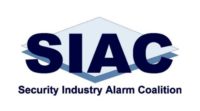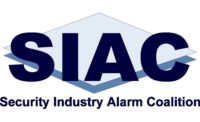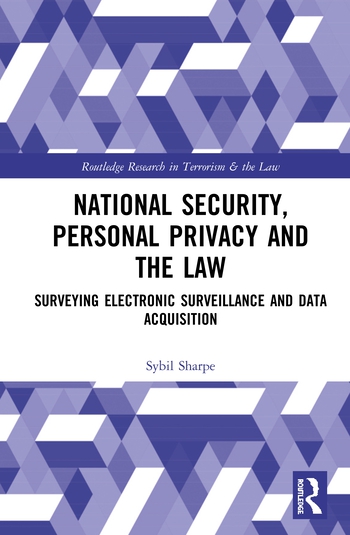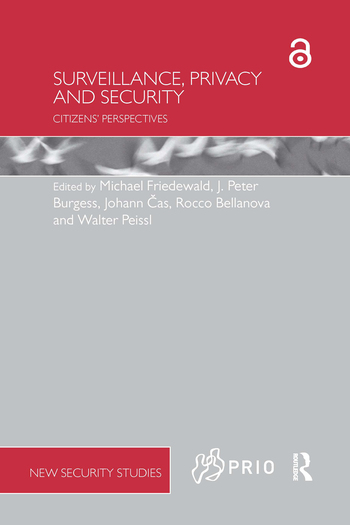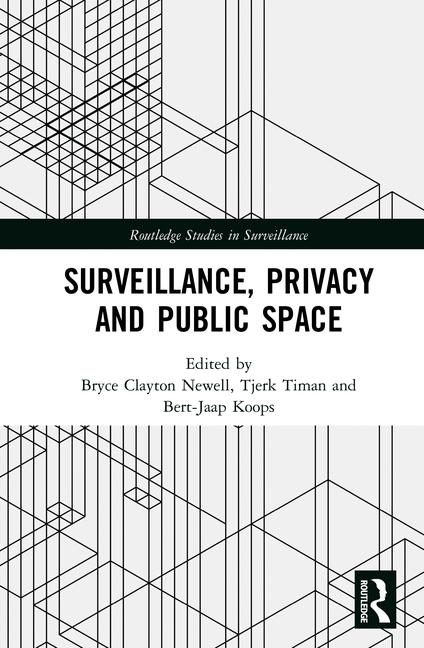The small community of Sandy Springs, Ga, revoked law enforcement response to 39 alarm companies it claimed had outstanding bills.
When the industry challenged a new city ordinance that fined alarm companies instead of customers for false alarms, the city quickly responded with the suspensions, SIAC said in a press release that Sandy Springs “has declared war on the alarm industry and the customers it serves.”
Stan Martin, executive director of SIAC, said, “This is a classic situation in which the industry, with the Security Industry Alarm Coalition working alongside local alarm associations, has to challenge an ordinance that is completely out-of-line with the best practices we have promoted for decades.
The ordinance is based on misinformation about the role alarm systems play in protecting life and property and the best way to deal with the false alarm issue. Failure of the industry to organize and fight this unconstitutional ordinance is a major threat to our industry.”
The Georgia Electronic Life Safety & Systems Association (GELSSA) and two alarm companies, A-Com and Safecom, with the assistance of the Security Industry Alarm Coalition, challenged the ordinance in U.S. District Court. Shortly after, Sandy Springs suspended response for 39 alarm companies that had not paid fines levied under the ordinance.
“If the industry allows this type of ordinance to become the norm, it will be faced with huge administrative and legal costs, disputes with customers and a process that does not align with best practices for reducing alarm dispatches,” said Dan Gordon, GELSSA President. “Passing customer fines to alarm companies cannot be an option on the table when discussing alarm management.”
The lawsuit notes that alarm companies do not have any sort of “master-servant” or “principal-agent” relationship with alarm users and are not in a position to supervise, direct or control the actions of their customers. Despite these facts, the ordinance imposes extreme fines on alarm companies. Under the ordinance, the first false alarm is fined at $25; second and third false alarms are $250; fourth or additional false alarms in any 24-month period are $500.
“SIAC is taking the lead in helping the state alarm association and local companies fight this ordinance,” Martin said. “The city’s own documents indicate that the decision to fine alarm companies is purely political.”
A city presentation states: “It [the alarm industry] is the ONLY for-profit private sector industry which bases its business model on response by taxpayer-supported services (police & fire response).”
Sandy Springs has never explained why it does not utilize the widely adopted and proven model alarm ordinance, which has a well-documented record of success, or provided any evidence as to why they believe their ordinance will be more effective, SIAC described.
Read more about this situation here.





